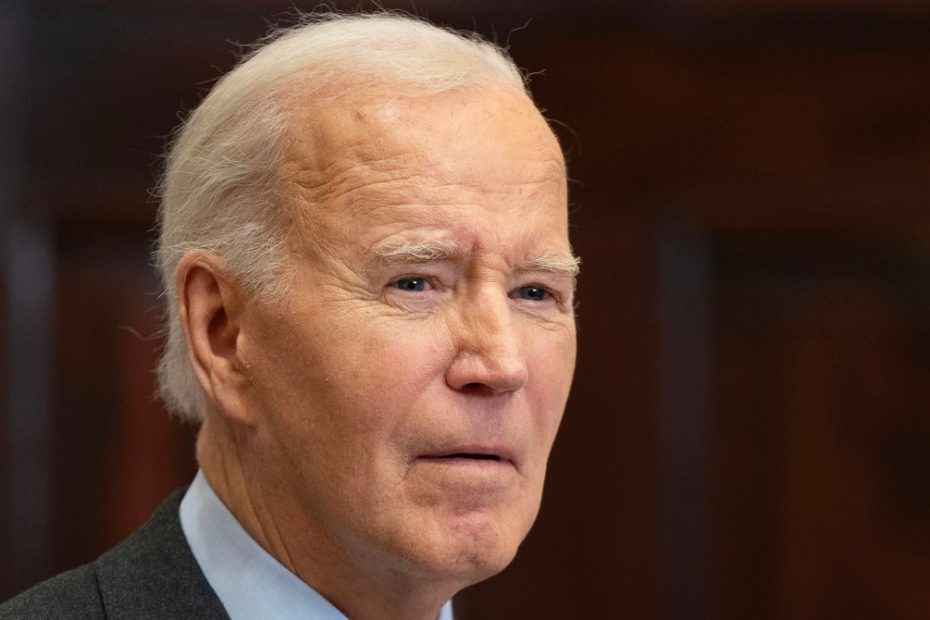The Biden administration today announced a bold and controversial new export control program aimed at preventing the advanced chips and artificial intelligence models themselves from ending up in the hands of adversaries like China.
The administration's new “AI Diffusion rule” divides the world into countries that get relatively unfettered access to America's most advanced AI silicon and algorithms, and those that require special licenses to access the technology. The rule, which will be enforced by the Commerce Department's Bureau of Industry and Security, also aims to restrict the movement of the most powerful AI models for the first time.
“The US is now leading the world in AI, both AI development and AI chip design, and it is critical that we keep it that way,” said US Commerce Secretary Gina Raimondo ahead of to today's announcement.
The list of trusted countries is Great Britain, Canada, Australia, Japan, France, Germany, Belgium, Denmark, Finland, Ireland, Italy, Netherlands, New Zealand, Norway, Republic of Korea, Spain, Sweden and Taiwan.
Companies in other countries not subject to gun controls will be able to obtain up to 1,700 of the latest AI chips without special permission, the rule said. They will be able to apply for a special license to acquire more chips, to build very large-scale data centers using American technology, or to gain access to the most powerful closed model “weights” from American companies. Companies will need to have adequate physical and cyber security to obtain a license.
Supply chain activities, including chip design, production and storage, will be exempt from the rule. The rule also will not impose restrictions on open source AI models such as Meta's Llama, the government says.
Countries with an arms embargo such as China, Iran and North Korea are already not allowed to obtain advanced chips. The new rule limits their access to advanced models for the first time.
“The semiconductors that supply electricity [AI] and the model weights, as we all know, are a dual-use technology,” Raimondo added prior to the announcement. “They are used in many commercial applications, but can also be used by our adversaries to conduct nuclear simulations, develop bioweapons and advance their militaries.”
However, the rule is sure to spark controversy as it could hinder international sales of AI at a crucial time for the industry. It comes just a week before Trump's inauguration. The ruling establishes a 120-day consultation period, meaning Donald Trump's administration is expected to listen to input, perhaps adjust the rule and then enforce it.
Nvidia, the world's largest maker of AI chips, called the rule “unprecedented and misleading” in a blog post. “While cloaked in the guise of an 'anti-China' measure, these rules would do nothing to enhance American security. Rather than mitigating any threat, the new Biden rules would only weaken America's global competitiveness and undermine the innovation that has kept the U.S. ahead.”
The US already restricts exports of advanced AI chips to China, a key geopolitical rival, but companies there have managed to build advanced algorithms using computer clusters in other countries. Under the new rule, China will not be able to build so-called frontier AI models in other countries affected by the rule.

